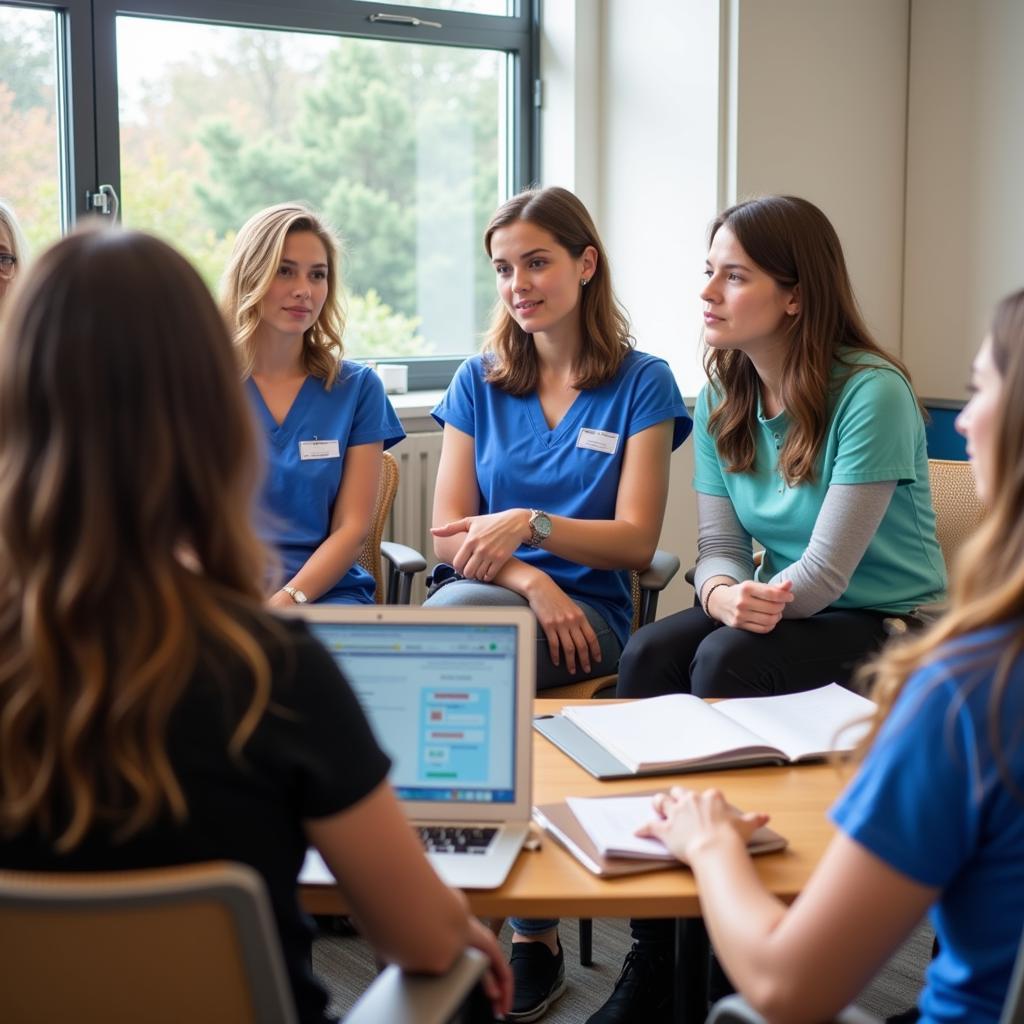The American Cancer Society Volunteer Drivers program offers a lifeline of support, ensuring that cancer patients can access vital treatment, regardless of their transportation circumstances. This program connects volunteer drivers with patients who need rides to and from their medical appointments, easing the burden of cancer and fostering a sense of community. By offering their time and compassion, these volunteers make a tangible difference in the lives of those battling cancer. This article will explore the profound impact of American Cancer Society volunteer drivers.
The Vital Role of American Cancer Society Volunteer Drivers
Cancer treatment often requires frequent and sometimes lengthy trips to medical facilities. For many patients, transportation can be a significant obstacle, particularly for those facing financial hardship, physical limitations, or those living in areas with limited public transportation options. This is where American Cancer Society volunteer drivers step in, providing a crucial service that enables patients to focus on their health and recovery. The impact of these dedicated volunteers extends beyond simply getting patients to their appointments; they offer companionship, emotional support, and a sense of hope during a challenging time. The Road To Recovery program at the American Cancer Society is just one example of how they connect patients with rides.
After the initial diagnosis, navigating the complexities of cancer treatment can be overwhelming. American Cancer Society volunteer drivers provide a sense of stability and comfort, allowing patients to attend their appointments without the added stress of arranging transportation. They offer a listening ear, a friendly face, and a much-needed connection to the outside world.
How to Become an American Cancer Society Volunteer Driver
Becoming an American Cancer Society volunteer driver is a rewarding experience that allows you to make a tangible difference in the lives of others. The process is straightforward and begins with an application, followed by a background check and training. Volunteers must have a valid driver’s license, insurance, and a safe and reliable vehicle. They are also expected to adhere to the program’s guidelines and maintain patient confidentiality. More specific requirements and program details can often be found through the American Cancer Society TLC program or similar resources.
 American Cancer Society Volunteer Driver Training
American Cancer Society Volunteer Driver Training
Answering Your Questions about Volunteering
What are the time commitments involved?
The time commitment for volunteer drivers is flexible and can be adapted to fit individual schedules. Volunteers can choose the days and times they are available to drive, allowing them to balance their volunteer work with other commitments.
What kind of training is provided?
The American Cancer Society provides comprehensive training to all volunteer drivers, covering topics such as patient interaction, safety procedures, and program guidelines. This training ensures that volunteers are well-equipped to provide compassionate and effective support.
What are the benefits of becoming a volunteer driver?
The benefits of becoming a volunteer driver extend beyond the personal satisfaction of helping others. Volunteers gain valuable experience, connect with their community, and contribute to a vital cause. They often form meaningful relationships with patients and experience the profound impact of their service.
Making a Difference: The Impact of American Cancer Society Volunteer Drivers
American Cancer Society volunteer drivers play a crucial role in the lives of cancer patients, ensuring they have access to life-saving treatment. Their dedication and compassion provide more than just a ride; they offer a lifeline of hope and support during a challenging journey. By becoming an American Cancer Society volunteer driver, you can become part of a compassionate community and make a profound difference in the lives of those affected by cancer.
FAQ
- How can I become a volunteer driver?
- What are the requirements for volunteer drivers?
- What type of training is provided to volunteers?
- How much time commitment is required?
- Can I choose my own schedule?
- What are the benefits of volunteering?
- How can I learn more about the program?
You can find more information about the Road To Recovery program at the road to recovery american cancer society. Additionally, resources like american cancer society tlc offer further details about the program.
Common Scenarios
- Scenario 1: A patient living in a rural area needs transportation to a cancer center located in a larger city.
- Scenario 2: An elderly patient with limited mobility requires assistance getting to and from appointments.
- Scenario 3: A patient undergoing chemotherapy experiences side effects that make it difficult to drive themselves.
Further Exploration
Consider exploring articles on patient support services and community involvement for more information.
Call to Action
For support, contact us at Phone Number: 02043854663, Email: [email protected] or visit our address: Khu 34, Bac Giang, 260000, Vietnam. We have a 24/7 customer support team.